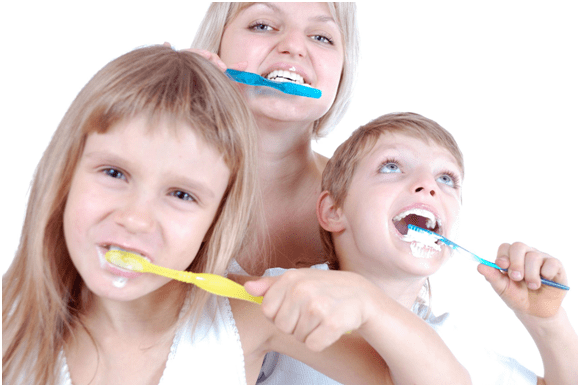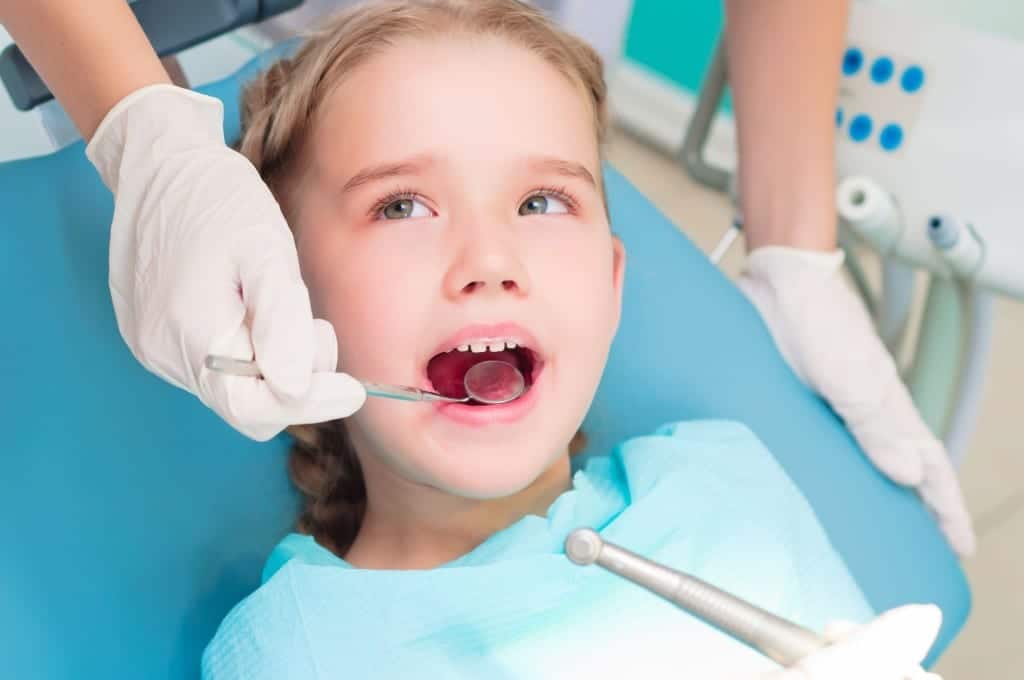A recent New York Times study unveiled an alarming statistic: for the first time in 40 years, dental decay is on the rise in young children. Parents nationwide are reading the results in horror, worrying that their children might be among the 50% or more who have at least some level of tooth decay by age 5.
For dentists, these findings are hardly a revelation. We have warned parents about this rising trend – and the factors contributing to it – for quite some time. Unless parents and children begin to make some important lifestyle changes, this will only get worse.
Going to the Dentist, Too Tough for Children?
One of the key indicators in the New York Times study was the rising use of anesthesia during dental procedures for preschool-aged children. Citing the sheer amount of dental work needed by the average preschooler, anesthesia was necessary because children would find it nearly impossible to sit still for the required period of time. In fact, the work is often so extensive – sometimes more than half the teeth have cavities – dentists said they couldn’t see even adults managing to sit through a comparable procedure.
Watch The Sugar

A clear connection can be made between the increased consumption of sugary foods and drinks, the rising childhood obesity rates, and the rising rates of major dental procedures in children. Dentists across America are pleading with parents to be more mindful of the amount of sugar ingested on a daily basis, some of which can be lurking in surprising places.
Of course, parents are fully aware that candy and sweets have loads of sugar – what they don’t know is that even healthy whole fruits and organic juices come packed with sugar. This sugar can leave the same residue and have the same effects as if children coated their teeth with candy bars. To combat this residue, dentists advocate thorough brushing and rinsing regularly under the supervision of a parent. To decrease the risk of dental decay increases significantly, parents must be more involved in the daily dental hygiene of their children.
Take an Active Role

Dentists recognize that the rate of dental decay decreases at a rate inversely proportional to the level of involvement parent’s display in their child’s dental hygiene. Young children typically do not like going to the dentist and do not have the wherewithal to grasp the importance of proper brushing and rinsing. Furthermore, they are unlikely to have the attention span or knowledge to effectively brush their teeth without their parents’ support and assistance.
Dentists advocate regular, active involvement during daily brushing and rinsing rituals. Parents should watch carefully or assist to make sure that their child’s teeth are properly cleaned,reinforcing the importance of proper dental care through careful and ongoing explanation. They should also practice their own proper dental hygiene and set a good example for their children.
Don’t Miss Your Dentist Appointments
Finally, make sure to keep regular dental appointments for your children. Of course,a visit to the dentist is not often on the top of your child’s list of activities, but giving into their fears or distaste will only exacerbate the problem in the long run. Avoid turning it into a big, dramatic event, but meet your children’s fear head on by discussing the exam in detail. Maintaining regular checkups and cleanings will ultimately save your child from the stress of extensive dental procedures, as your dentist will be able to address any issues early and proactively.
About The Author
Dr. Jeffrey Pass, DDS, has been in private practice since 1987 and emphasizes cosmetic, restorative, and implant dentistry. A graduate of NYU College of Dentistry, Dr. Pass practiced privately in Manhattan, NY prior to establishing South Florida Dental Care in 1993. He regularly attends continuing education classes and is a member of the American Dental Association, the South Florida District Dental Association, South Broward Dental Society, and the Florida branch of The Seattle Study Club.







